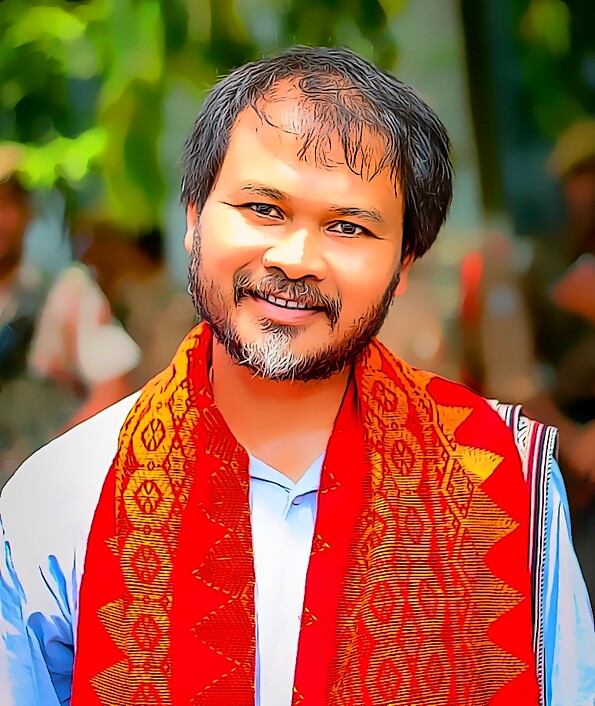Bandh without ‘incitement to violence’ not terror act: NIA court while clearing Akhil Gogoi of UAPA

By LE Desk
New Delhi, July 2, 2021: Organising or participating in temporary blockades without any incitement to violence is not a terrorist act under anti-terror law UAPA, a special NIA court in Guwahati said on Thursday while discharging Akhil Gogoi.
Gogoi, MLA from Assam’s Sivasagar district, had been facing charges under the Unlawful Activities (Prevention) Act for his alleged role in the violent agitation against the Citizenship (Amendment) Act in the state in December 2019.
Special judge Pranjal Das also said ordinary bandhs, shutdowns as part of some protests, in the absence of evidence to show the same were held to provoke violence, would not come within the ambit of expression “threatening the economic security of India”, which is also categorised as a terror act under the UAPA, The Print reported.
The Judge said the expression has much graver connotation, but the prosecution material against Gogoi does not establish this offence against him.There was no evidence to support the police allegation that Gogoi in the garb of protesting against the controversial citizenship law had allegedly conspired to incite hatred and disaffection towards the government established by law and promoted enmity, the judge held.
Gogoi’s intercepted voice calls and speech at the protests did not indicate his involvement in the alleged violence that took place consequent to the bandhs, the court opined. Rather, it showed that Gogoi exhorted participants to protest peacefully, said the court.
Applying the principles laid out in the Kedar Nath case on Section 124 of the Indian Penal Code (IPC), which is sedition, the judge discharged Gogoi under this penal provision too. He noted there was lack of material linking him personally and vicariously to the alleged vandalism and property damage during the anti-CAA protests.
“Protests in a democracy are sometimes seen to take the form of blockades also, even causing inconvenience to citizens. However, it is doubtful whether such blockades for temporary periods, if unaccompanied by any incitement to violence, would constitute a terrorist act within the meaning of Section 15 of the UAPA. That in my mind, is beyond the intention of the legislature,” the order said, setting free three more persons in the case, reported The Print.
This is the second CAA-related case in which the NIA court has discharged Gogoi. On 22 June, the judge had prima facie found insufficient evidence to charge Gogoi and proceed with trial against him in connection with a case registered in Chabua district.
In custody since his arrest in December 2019, Gogoi walked out Thursday evening.
A discharge usually takes place when the judge comes to prima facie finding that the police have not brought up sufficient material to charge an accused and send the person for trial to prove the allegations.
In its Thursday order, the judge relied upon the law enunciated by the Supreme Court in cases of discharge and said a judge at the stage of charge is merely to sift the evidence to find whether or not there is sufficient ground for proceeding further.
Sign up for our weekly newsletter to stay up to date on our product, events featured blog, special offer and all of the exciting things that take place here at Legitquest.




Add a Comment